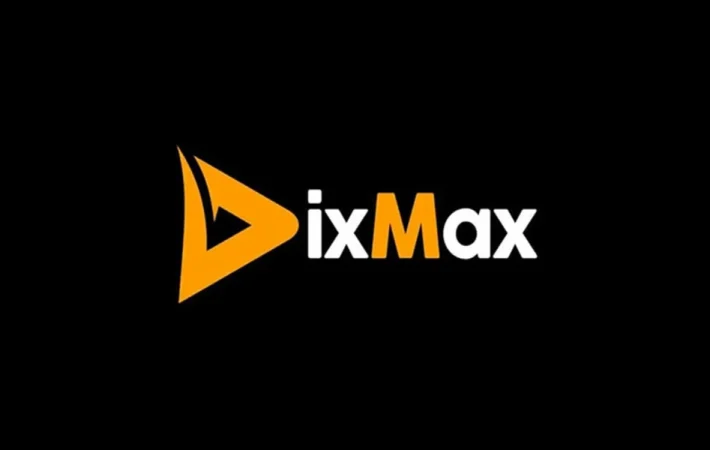Effective music promotion is about more than just pushing out content—it’s about understanding how your efforts are translating into real results. To ensure you’re on the right track, it’s crucial to track key performance metrics. By doing so, you can optimize your strategies and measure success accurately. Here’s a breakdown of the essential metrics you should track to evaluate the effectiveness of your music promotion campaigns.
1. Streaming Numbers: The Core Metric
When promoting your music, streaming numbers are one of the most direct indicators of success. The more streams you get, the more people are listening to your music. These numbers help you gauge how well your music is resonating with your audience.
Key Streaming Metrics to Track:
- Total Streams: The overall number of times your music has been played on platforms like Spotify, Apple Music, or YouTube.
- Streams Per Song: Track streams for individual tracks to understand which ones are performing better.
- Unique Listeners: This metric shows how many unique listeners are engaging with your music, helping you understand the size of your audience.
Why It’s Important
Streaming numbers directly reflect how well your music is being consumed, making them essential for assessing the effectiveness of your music promotion efforts.
2. Social Media Engagement: Gauging Fan Interaction
Social media is a vital component of music promotion. It’s not just about posting updates; engagement shows how your followers connect with you. Tracking social media metrics can help you refine your content strategy and boost interaction with your fans.
Key Social Media Metrics to Track:
- Likes, Comments, and Shares: These interactions indicate how much your followers are engaging with your posts.
- Followers Growth: The increase in your followers over time is a good indicator of growing interest in your music.
- Click-Through Rate (CTR): The percentage of people who click on your links (e.g., to stream your music or buy tickets) after seeing your posts.
Why It’s Important
Engagement metrics help you gauge how well your fans are interacting with your content, which is vital for measuring music promotion success.
3. Conversion Rate: Turning Listeners Into Fans
A successful music promotion campaign doesn’t just get you streams—it should also help convert listeners into long-term fans. Conversion rate refers to how many people take a specific action, like purchasing music, subscribing to your newsletter, or buying tickets to your shows.
Key Conversion Metrics to Track:
- Album/Track Sales: If your goal is to sell music directly, track how many units have been purchased as a result of your promotional efforts.
- Ticket Sales: Track ticket sales for your shows or virtual concerts.
- Email Sign-Ups: If you’re using email marketing, track how many people sign up for your newsletter after a promotional campaign.
Why It’s Important
A high conversion rate means your promotional efforts are successful in turning casual listeners into dedicated fans, helping grow your career in the long run.
4. Website Traffic: Measuring Overall Interest
Your website acts as a hub for your music promotion efforts. Whether it’s your landing page, a blog, or your music store, tracking website traffic is essential to understanding the broader impact of your campaigns.
Key Website Metrics to Track:
- Unique Visitors: Track how many unique individuals are visiting your website as a result of your promotions.
- Page Views: See which pages are getting the most attention, helping you understand what content resonates most with visitors.
- Bounce Rate: A low bounce rate indicates that visitors are finding what they need and engaging with your content, while a high bounce rate may signal issues with your website or content.
Why It’s Important
Website traffic metrics give you insight into how effectively your promotional efforts are driving people to your online presence, helping you optimize future campaigns.
5. Fan Demographics: Understanding Your Audience
To tailor your music promotion strategies effectively, you need to understand who your fans are. Tracking demographic data gives you a clearer picture of your audience and allows you to adjust your approach accordingly.
Key Demographic Metrics to Track:
- Age: Understanding the age group of your audience helps you create more targeted content.
- Location: Knowing where your fans are located can help you plan tours or geographic-specific campaigns.
- Gender and Interests: This can help you understand who your audience is and how to best communicate with them.
Why It’s Important
By understanding your audience demographics, you can tailor your promotional efforts to engage fans more effectively and improve your music promotion strategy.
6. Press and Media Mentions: Measuring Exposure
Press coverage and media mentions are an important metric of music promotion success. When your music is featured in media outlets, it often leads to increased visibility and can help you reach new audiences.
Key Press Metrics to Track:
- Articles and Reviews: Keep track of any press articles or reviews about your music or upcoming releases.
- Media Mentions: Monitor social media and news outlets for mentions of your name, your music, or your campaigns.
- Interviews and Podcasts: Track how often you are interviewed or featured on podcasts and how this affects your visibility.
Why It’s Important
Media exposure is an excellent way to expand your audience and build credibility as an artist, making it a valuable metric for measuring your music promotion success.
7. ROI (Return on Investment): Evaluating Cost-Effectiveness
Promoting music often involves investment in ads, content production, or promotional services. To determine whether your music promotion efforts are worth the money, you need to track ROI.
Key ROI Metrics to Track:
- Cost per Stream/Conversion: Measure how much you spent for each stream or conversion (e.g., ticket purchase, album sale).
- Ad Spend Efficiency: If you’re running ads, track how much you’re spending compared to the results you’re getting.
- Profitability: Calculate how much you earn through streams, merchandise, or ticket sales versus the costs of your promotion.
Why It’s Important
Tracking ROI ensures you’re spending your marketing budget wisely and getting the best possible return on your promotional activities.
Conclusion: Optimize Your Music Promotion Strategy with the Right Metrics
Tracking the right metrics is essential for understanding and improving your music promotion efforts. By monitoring streaming numbers, social media engagement, conversion rates, and other key performance indicators, you can optimize your strategy and achieve long-term success.
Remember, a successful music promotion campaign isn’t just about increasing streams—it’s about turning your audience into dedicated fans and building a sustainable career. Keep tracking and refining your approach to see real results and growth.







Leave a comment
Your email address will not be published. Required fields are marked *